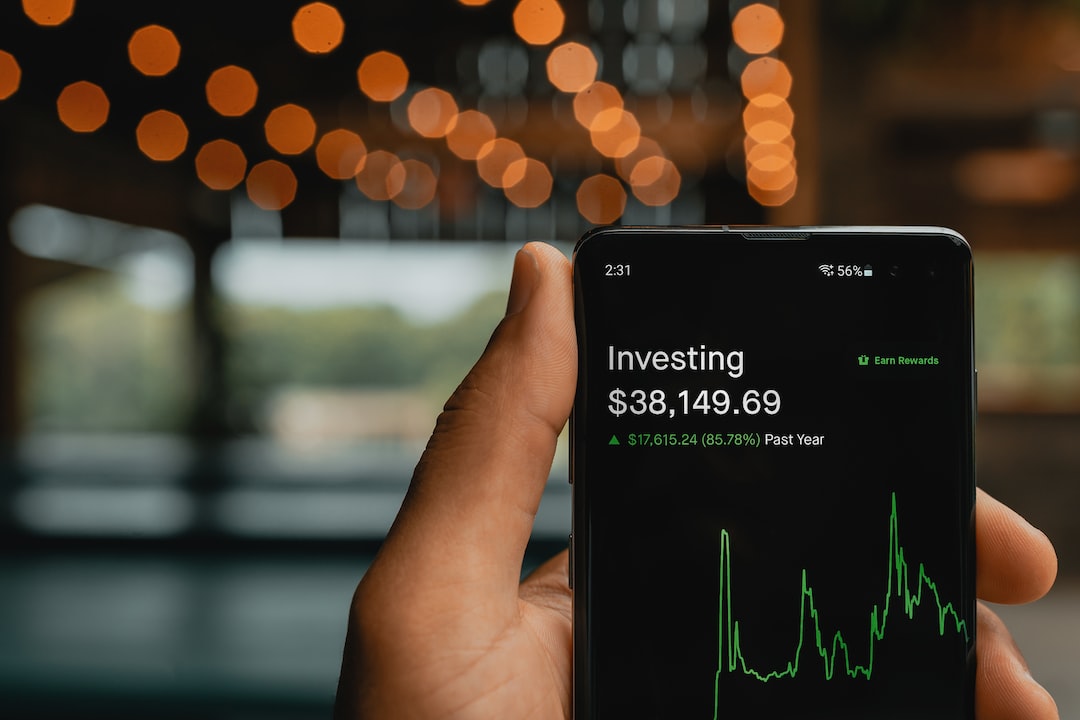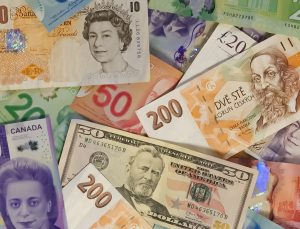Gold has been a valuable asset for centuries, and its use as a reserve asset by countries has been a common practice. In today’s world, countries hold gold as part of their forex reserves, which are essential for economic stability and financial security.
Forex reserves are the foreign currency assets held by a country’s central bank. These reserves are used to pay for imports, service debt, and maintain financial stability during times of economic uncertainty. Forex reserves are typically held in a variety of currencies, including the US dollar, euro, yen, and pound sterling.
However, gold is also an important part of forex reserves for many countries. Gold is a valuable asset that can be easily traded, and its value is not affected by inflation or currency fluctuations. Countries that hold gold in their forex reserves have a more diversified portfolio and are better equipped to withstand economic shocks.
So, how much gold should a country own as part of its forex reserves? There is no one-size-fits-all answer to this question, as the optimal amount of gold depends on a country’s economic and geopolitical situation. However, there are several factors that can influence a country’s decision to hold gold as part of its forex reserves.
One of the primary considerations is a country’s balance of payments. A balance of payments deficit occurs when a country imports more than it exports, leading to a shortage of foreign currency. In this situation, having gold in forex reserves can provide a stable source of value and help to maintain financial stability.
Another factor is a country’s level of debt. If a country has a high level of external debt, it may need to hold more gold as a hedge against currency fluctuations and the possibility of default. Gold can also serve as collateral for loans, providing a source of security for lenders.
Geopolitical factors can also influence a country’s decision to hold gold in its forex reserves. In times of political uncertainty or conflict, gold can provide a safe haven for investors and help to maintain financial stability. Countries may also hold gold as a form of strategic reserve, providing a source of value that can be used to support the national currency or to purchase critical imports during times of crisis.
Despite these considerations, there is no definitive answer to how much gold a country should hold in its forex reserves. The International Monetary Fund (IMF) recommends that countries hold a minimum of three months’ worth of imports in forex reserves, but this does not specify the amount of gold that should be held.
Currently, the United States holds the largest gold reserves in the world, with over 8,000 tons. Germany is second with 3,300 tons, followed by Italy, France, and China. These countries hold gold as part of their forex reserves, but the amount held varies widely.
In conclusion, gold has long been a valuable asset for countries, and its use as part of forex reserves is a common practice. The optimal amount of gold to hold in forex reserves depends on a variety of factors, including a country’s balance of payments, level of debt, and geopolitical situation. While there is no definitive answer to how much gold a country should hold, it is clear that gold remains an important part of forex reserves and a valuable asset for countries seeking financial stability and security.






